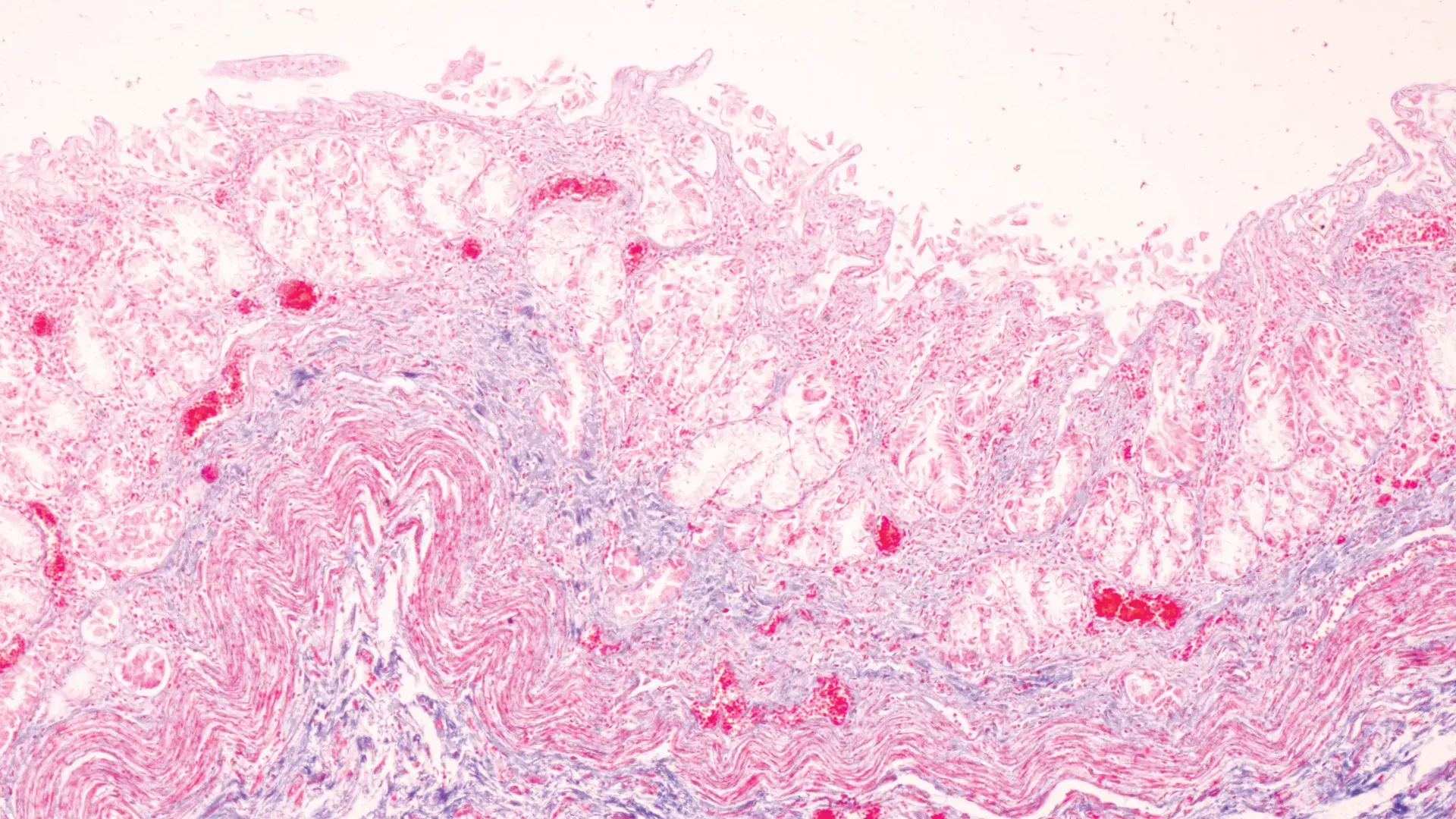4 Questions on NAD/NADH Testing Answered
Unlocking the Secrets of Cellular Energy
3 min read
![]() Dr. Andrea Gruszecki, ND
:
January 3, 2022 at 12:56 PM
Dr. Andrea Gruszecki, ND
:
January 3, 2022 at 12:56 PM

The currently available at-home COVID-19 antigen tests may or may not provide accurate information if your patient has the Omicron variant, if they are testing outside the window of opportunity, or if the sample collection is insufficient. So, why bother with at-home antigen testing at all?
As we move into 2022, our second COVID-19 New Year, a new strategy for COVID-19 infection detection is being implemented: at-home COVID-19 antigen testing.
While point-of-care (POC) and at-home testing have their place, there are some genuine concerns about these at-home tests that healthcare providers need to be aware of. These concerns include the likelihood of false negatives, the age restrictions (> 14 years), and the ability to detect the Omicron variant.
We can’t. A “false-negative” result says that the person is not infected with COVID-19 when, in fact, they are. We can’t stop the spread of COVID-19 if at-home or POC tests have a high false-negative rate, because a false negative = false confidence. Individuals relying on a single at-home or POC negative result are likely to spread their COVID-19 infection to friends, family and co-workers.
False-negative results are more common with antigen tests for several reasons:
For all of these reasons, the FDA has made the following recommendations for at-home antigen tests:
No. Not all at-home antigen tests can detect the Omicron variant, according to Dr. Anthony Faucci, the director of the National Institute of Allergies and Infectious Disease. An investigation is currently underway to determine which at-home tests do, and which at-home tests do not detect the rapidly spreading Omicron variant.
It is also important to note, given the uncertainty surrounding at-home antigen tests, that all of the available gold-standard PCR tests can and do detect Omicron, along with Delta and other COVID-19 variants.
Currently, the available at-home COVID-19 antigen tests may or may not provide accurate information if your patient has the Omicron variant, if they are testing outside the window of opportunity, or if the sample collection is insufficient. While at-home COVID-19 tests are a preliminary way to detect COVID-19 and prevent spread. A negative test in a patient with an exposure history or symptoms will need to be confirmed by a gold-standard PCR test. At US BioTek Laboratories, we offer a full spectrum of COVID-19 Testing options ranging from PCR Testing to Immune Response Panels.
Learn more about our COVID-19 testing:
Centers for Disease Control and Prevention (2021) Self-testing. https://www.cdc.gov/coronavirus/2019-ncov/testing/self-testing.html Accessed 29 December 2021.
Chen CC, Lu SC, Bai CH, Wang PY, Lee KY, Wang YH. Diagnostic Accuracy of SARS-CoV-2 Antigen Tests for Community Transmission Screening: A Systematic Review and Meta-Analysis. Int J Environ Res Public Health. 2021 Oct 30;18(21):11451.
PLOS Medicine Staff. Correction: Accuracy of novel antigen rapid diagnostics for SARS-CoV-2: A living systematic review and meta-analysis. PLoS Med. 2021 Oct 13;18(10):e1003825. doi: 10.1371/journal.pmed.1003825. Erratum for: PLoS Med. 2021 Aug 12;18(8):e1003735.
Shaheen M. (2021) Fauci warns some rapid antigen COVID-19 tests might not be able to regularly detect Omicron variant he warns will be dominant in US within weeks - but 'gold standard' PCR tests are still fine. DailyMail.co.uk. https://www.dailymail.co.uk/health/article-10318377/Fauci-says-rapid-COVID-19-tests-INACCURATE-unable-regularly-detect-Omicron.html Accessed 29 December 2021.
Shuren J. (2021) Coronavirus (COVID-19) Update: FDA Authorizes Additional OTC Home Test to Increase Access to Rapid Testing for Consumers. U.S. Food and Drug Administration https://www.fda.gov/news-events/press-announcements/coronavirus-covid-19-update-fda-authorizes-additional-otc-home-test-increase-access-rapid-testing Accessed 29 December 2021.

Unlocking the Secrets of Cellular Energy

Short chain fatty acids (SCFAs) are organic acids produced by bacterial fermentation of dietary fibre and resistant starch. Enterocytes and...

Zonulin has emerged as a popular marker to assess the integrity of the intestinal mucosal barrier. Discovered by Dr Alessio Fasano, Zonulin...